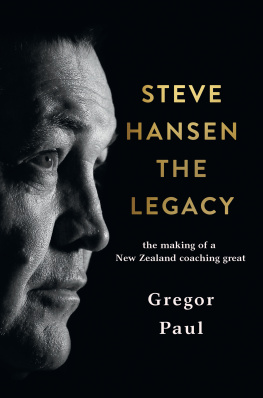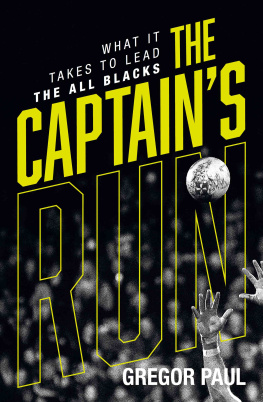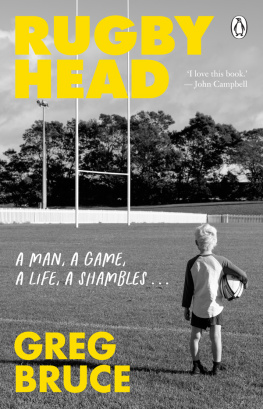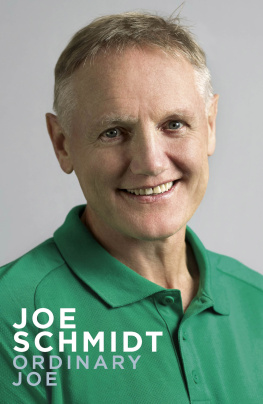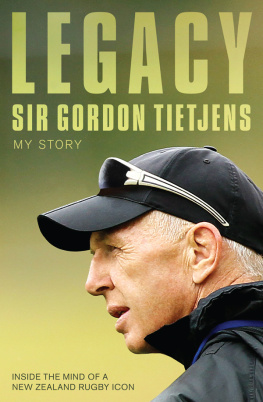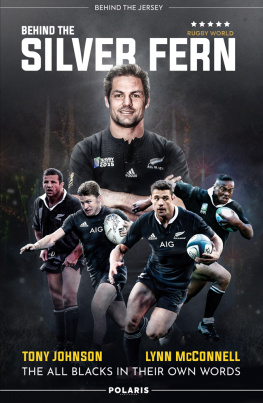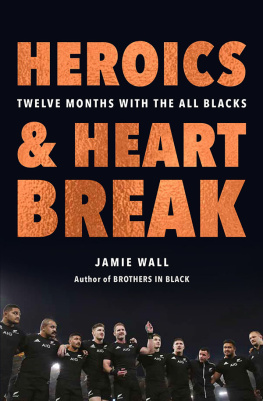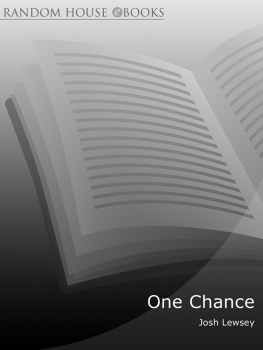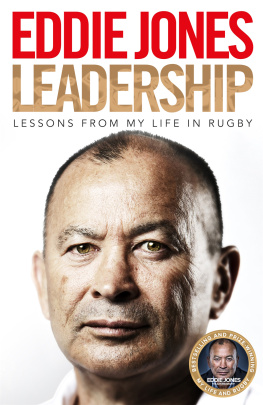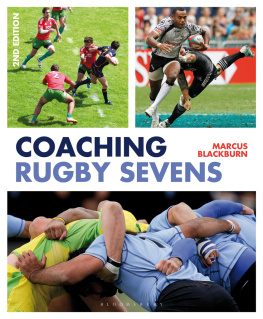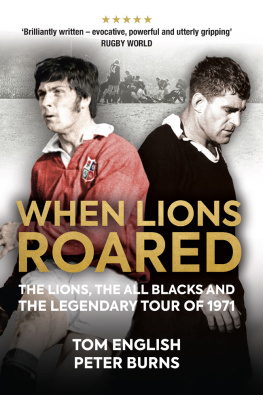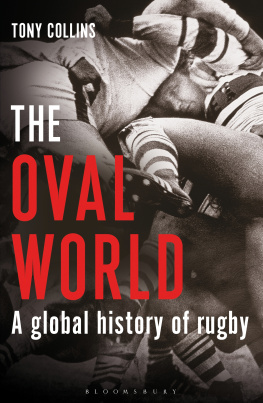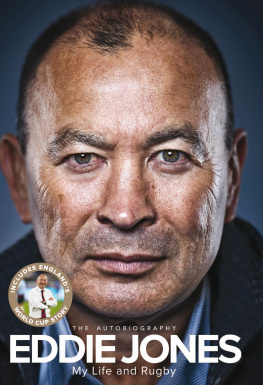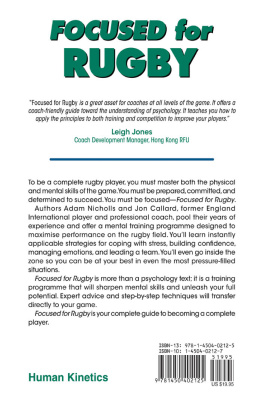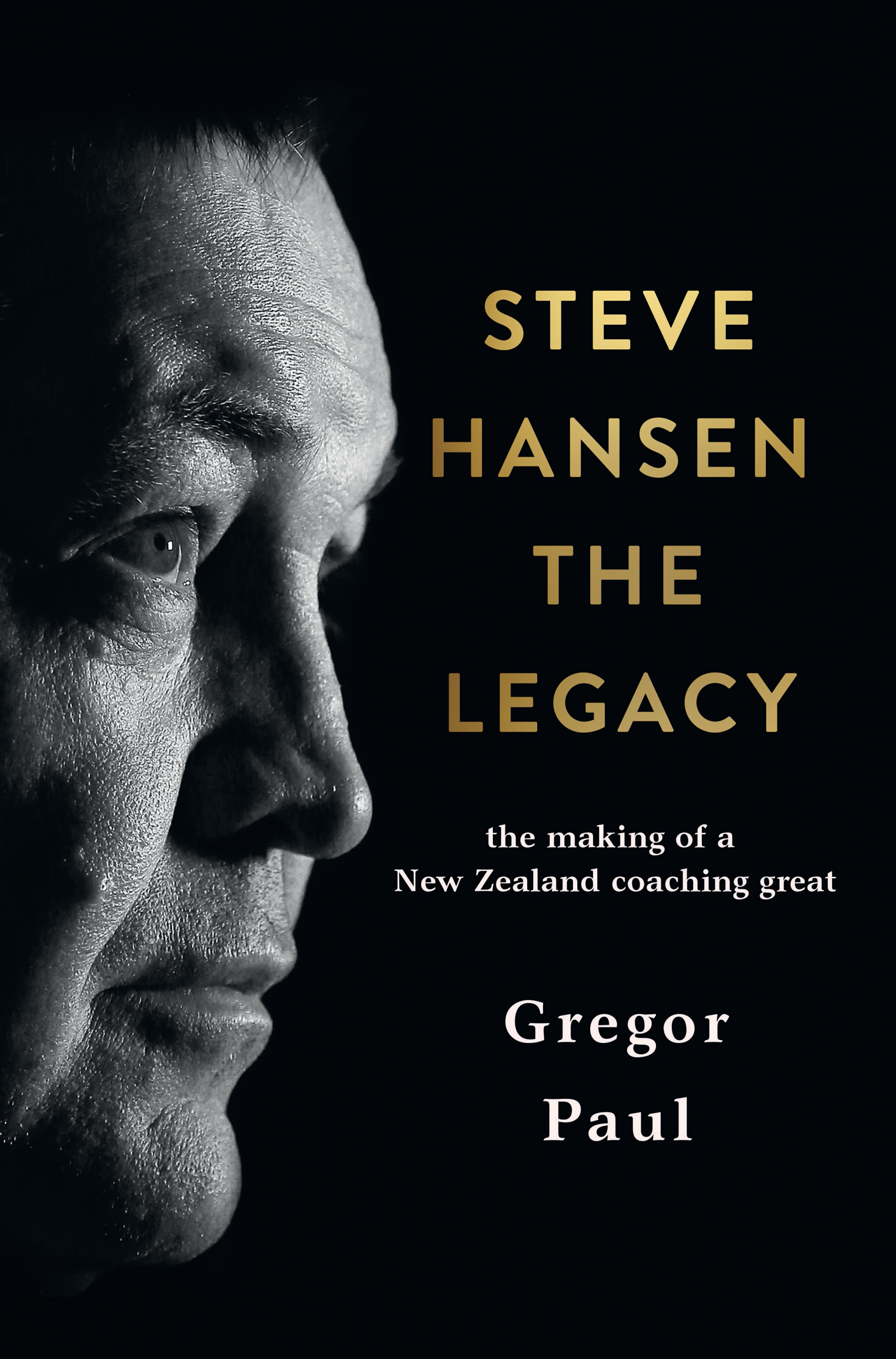Contents
Guide
HarperCollinsPublishers
Australia Brazil Canada France Germany Holland Hungary
India Italy Japan Mexico New Zealand Poland Spain Sweden
Switzerland United Kingdom United States of America
First published in 2021
by HarperCollinsPublishers (New Zealand) Limited
Unit D1, 63 Apollo Drive, Rosedale, Auckland 0632, New Zealand
harpercollins.co.nz
Copyright Gregor Paul 2021
Gregor Paul asserts the moral right to be identified as the author of this work. This work is copyright. All rights reserved. No part of this publication may be reproduced, copied, scanned, stored in a retrieval system, recorded, or transmitted, in any form or by any means, without the prior written permission of the publisher.
HarperCollinsPublishers
Level 13, 201 Elizabeth Street, Sydney, NSW 2000, Australia
Unit D1, 63 Apollo Drive, Rosedale 0632, Auckland, New Zealand
A 75, Sector 57, Noida, Uttar Pradesh 201 301, India
1 London Bridge Street, London SE1 9GF, United Kingdom
Bay Adelaide Centre, East Tower, 22 Adelaide Street West, 41st Floor, Toronto, Ontario, M5H 4E3, Canada
195 Broadway, New York, NY 10007, USA
ISBN 978 1 7755 4171 4 (hardback)
ISBN 978 1 7754 9202 3 (ebook)
A catalogue record for this book is available from the National Library of New Zealand
Cover design by Michelle Zaiter, HarperCollins Design Studio
Front cover image by Hannah Peters / Getty Images
To all those who value victory achieved
in the right spirit more than victory
achieved at any price.
Contents
STEVE HANSEN WAS ASKED by many publishers, many times if he wanted to tell the story of his time as All Blacks coach in his own words. He always declined because he didnt want to betray confidences and reveal conversations with players and fellow coaches that he didnt want to be made public. And he didnt feel that he could agree to a book where he didnt commit to telling the whole truth. If he was going to take the big money he was being offered, he believed the book would need authenticity and credibility two things he didnt feel he could offer without compromising his need to retain the trust of the many players whose careers hed so definitively shaped.
However, it was an era of such remarkable success that it had to be recorded in definitive form. He has made the heaviest footprint in this countrys rugby history, and if Hansen didnt want to tell his story himself, then someone who could offer some kind of perspective and insight into what happened inside the All Blacks between 2012 and 2019 had to. This book had to be written because Hansens time as All Blacks coach is too big a piece of New Zealand rugby history to be ignored.
THE FIRST TIME I became aware of Steve Hansens existence was 16 February 2002. He was being interviewed by the BBC ahead of a Six Nations game when he was head coach of Wales. He was standing on the touchline at the Millennium Stadium, just a few days after hed been unexpectedly thrust into the head coaching role, and doing a fairly awful job at selling the typical Kiwi male as eloquent and gregarious. Gruff and monosyllabic, it seemed like he considered the interviewers gentle questioning to be harassment. Two years later, my New Zealander wife had tired of Edinburghs long, hot summers and so to Auckland we headed, where, thanks to the greatest piece of creative writing of my career, my C.V. was considered good enough to land a job as a sports writer at the soon-to-be-launched Herald on Sunday. Hansen was recruited to be an assistant coach in Graham Henrys All Blacks coaching team about the same time. There we were facing different challenges in 2004, as we both tried to establish ourselves in new roles in New Zealand.
For the next five years, my first impression of Hansen didnt change too much. He was polite in our professional exchanges although economical with his answers. When he was seated at the top table during All Blacks press conferences, he could be dour: his body language screamed he didnt want to be there. I also couldnt quite work out what he brought to the mix. Henry had a lifetime of experience, a successful track record at all levels and was a strategic visionary. Wayne Smith was articulate and intelligent, obviously a deep thinker. Then there was Hansen, no compelling track record as a head coach, who didnt present as an intellectual giant or possess the sort of easy-going charm to compensate for that. He seemed like an odd piece of luggage for the All Blacks to be carrying but they chugged along happily enough, winning plenty of games, and there were no smoke signals coming from the players that they were unhappy with the setup.
Henry typically held court with the media and as such he was the focus of much of my writing. Hansen didnt become a greater consideration until the All Blacks endured a terrible period in 2009 when they lost four of their first eight tests and seemingly couldnt win a lineout even if the opposition promised to shut their eyes and not jump. As the forwards coach he became more integral to the narrative which was that the All Blacks were losing their way. The onus was on Hansen to help them find it. It was the first time he was the subject of the medias ire and he responded by fighting back.
It was a self-destructive campaign. The nadir was reached after the All Blacks suffered a third consecutive loss to the Boks. when Hansen, a few days after the defeat, said that no one had ever built a statue of critics or wannabes. It confirmed the impression of him as a slightly oafish character a kind of human off-road vehicle, who felt he could drive over the top of anything if he revved his engine hard enough.
Some of my media colleagues reached fixed views about Hansen in 2009. They decided he was a bully and never quite forgave him for sparking a conflict that veered at times into the personal. There were heated exchanges between Hansen and journalists, angry, unproductive phone calls, and curt messages passed on via the media manager.
By early 2010, Hansen was a bit like the USA in Vietnam hed waged a war he could never win and needed to surrender without it being a big moment. There is something enormously compelling about humans who can confront their flaws and attempt to fix them, as it alludes to them having the mental strength and inner drive that can lead them to greatness. Hansen became interesting to me at this moment because he was able to rebuild and re-direct himself after taking that wrong turn. There was no peace settlement or treaty as such, it was more of a gradual withdrawal of hostilities. Hansen became less guarded and more willing to engage; he even started to show glimpses of eloquence in the way he spoke honestly about his players without letting them feel hed betrayed their confidence.
I spent that year observing Hansen more closely at press conferences. I asked to interview him more because his changed nature intrigued me and there was increasing chatter he wanted to be the next head coach after Henry retired in 2011. I dug around a bit, too, and discovered that Hansen had engaged former TVNZ chief executive Ian Fraser to help him understand and manage the media. Hed recognised where he had been failing, sought help and changed. In October 2010, I told him I knew that hed been working with Fraser and wanted to talk to him about it. Just as Id considered Hansen a peripheral figure in my professional life, I suspect he felt the same until then.

